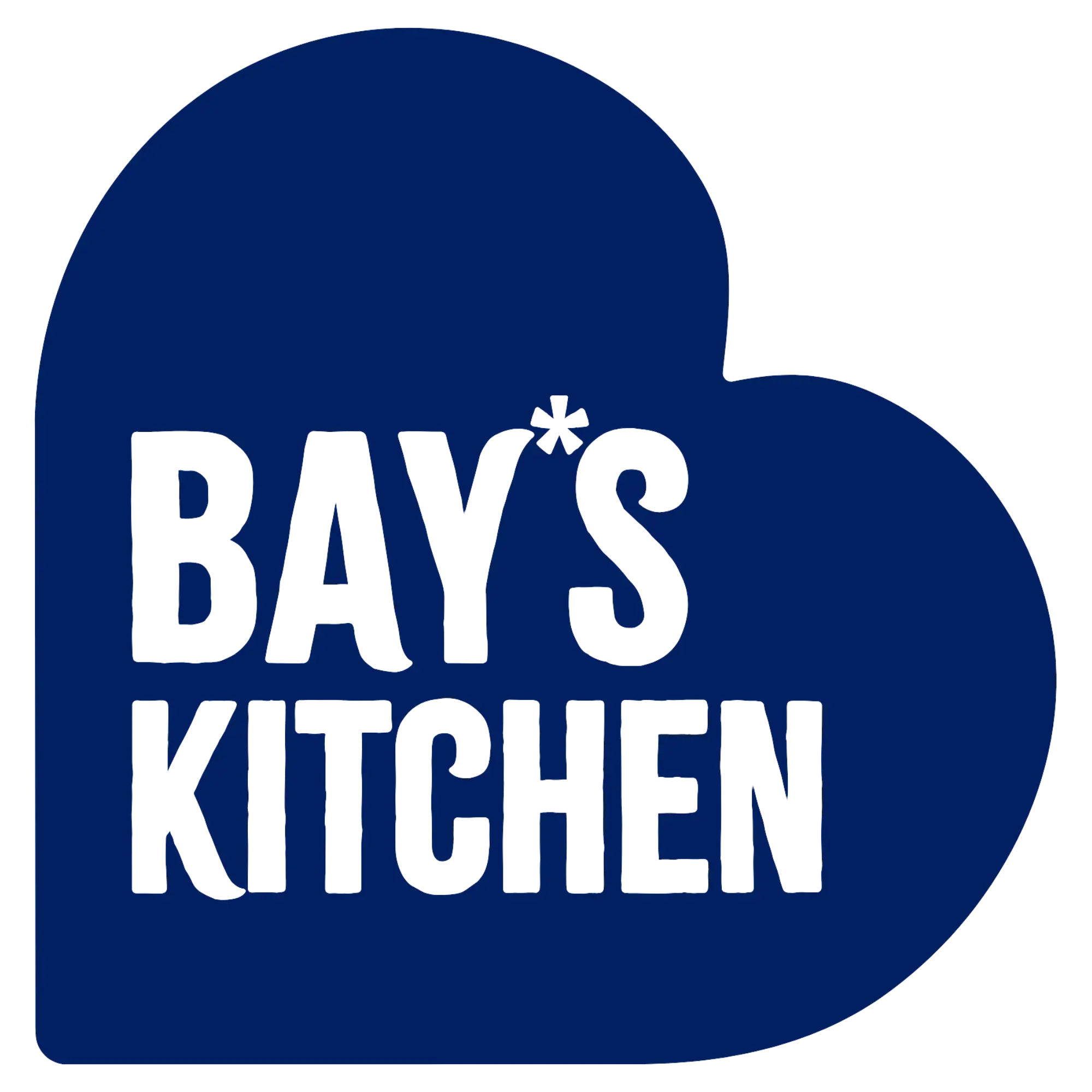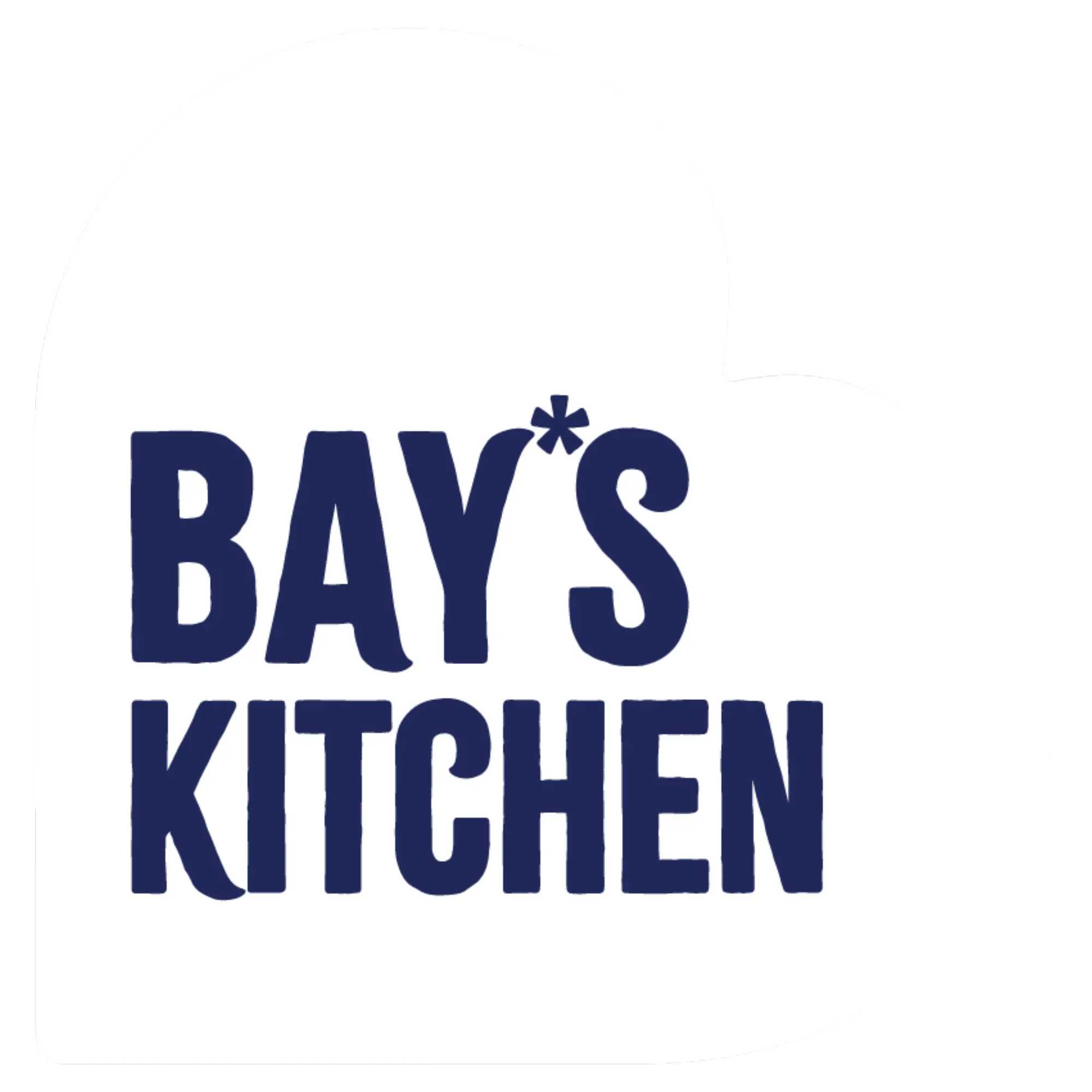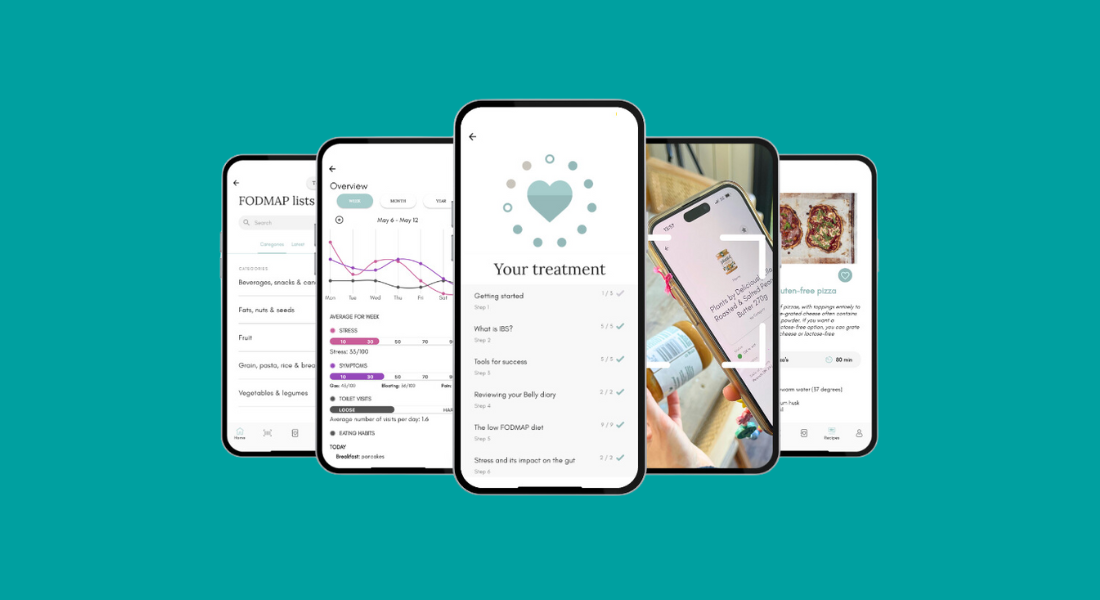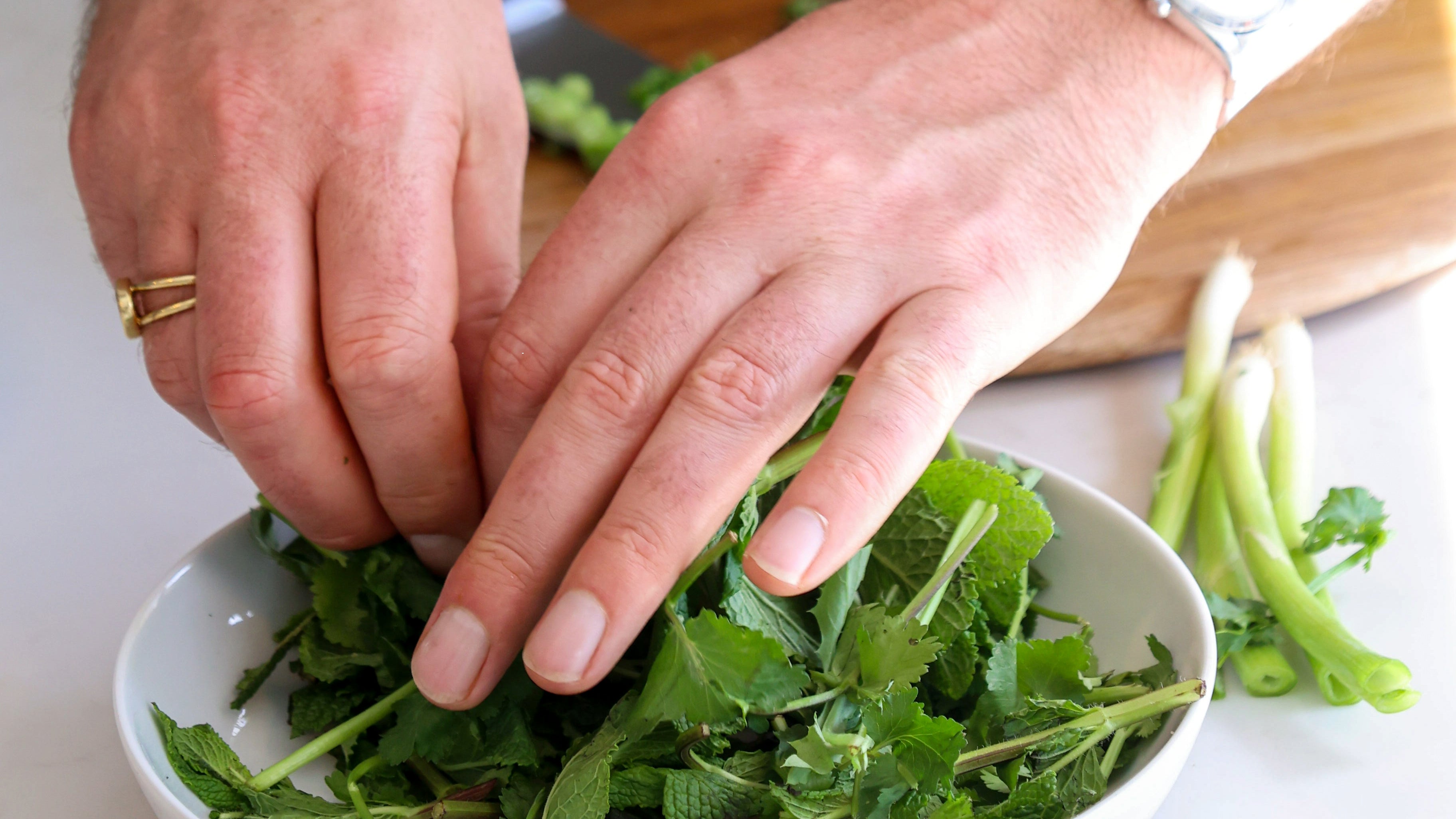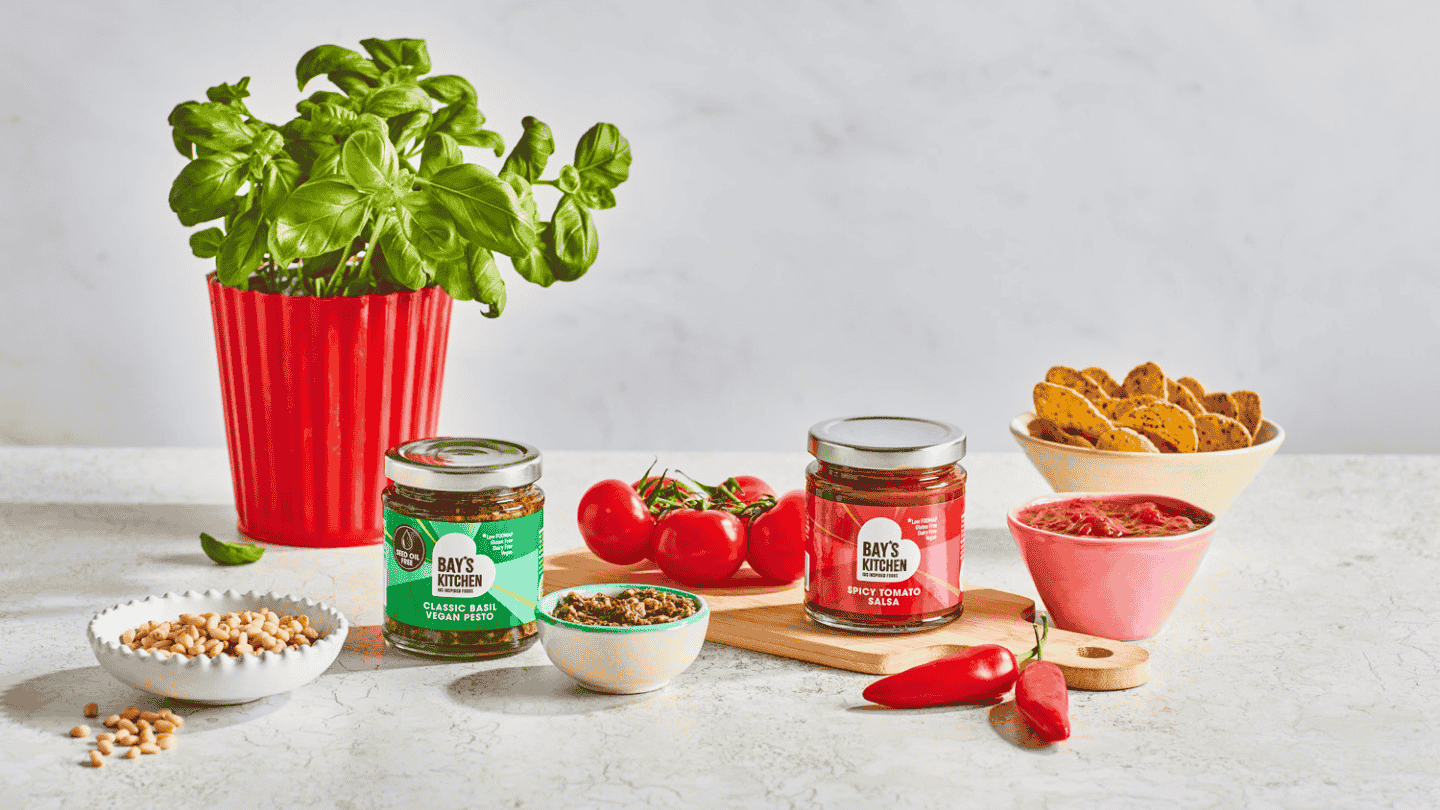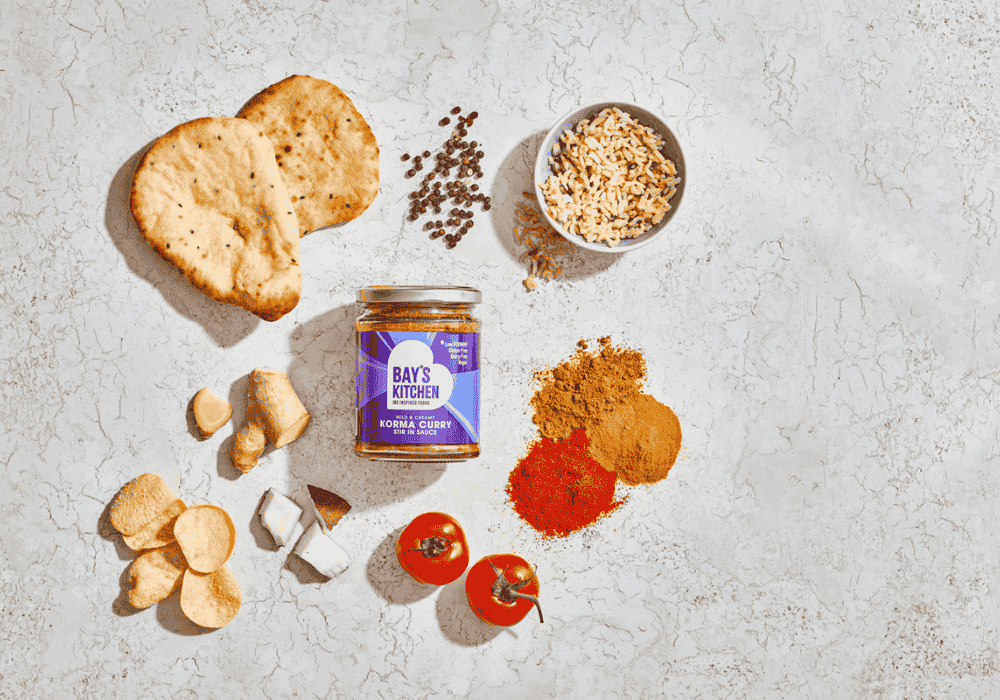What is the low FODMAP diet?
The low FODMAP diet is an evidence-based diet designed to help people manage symptoms of irritable bowel syndrome (IBS) and other digestive conditions. When followed with guidance from a dietitian, the low FODMAP diet has been shown to reduce symptom severity in up to 75% of people.
FODMAP is an acronym and stands for Fermentable, Oligosaccharides, Disaccharides, Monosaccharides, and Polyols. FODMAPs are certain types of carbohydrates that are not easily digested and can cause bloating, gas, and stomach discomfort. Foods like onions, garlic, wheat, and some fruits and vegetables are high in FODMAPs, which can trigger symptoms for sensitive individuals.
The low FODMAP diet is designed to be followed in three stages to help people with IBS and other digestive issues identify which foods trigger their symptoms.
Stage 1: FODMAP Restriction
In the first phase, you reduce or eliminate high FODMAP foods from your diet for 4 to 8 weeks. By avoiding these foods, the goal is to give your digestive system a break and help reduce symptoms such as bloating, gas, and stomach pain.
Stage 2: FODMAP Reintroduction
Once you’ve noticed an improvement in your symptoms, you’ll begin reintroducing high FODMAP foods one at a time. This stage is all about testing your personal tolerance to different foods. You reintroduce each food in small amounts to see how your body reacts. For example, you might test your tolerance to garlic one week, then wheat the next. This process helps pinpoint which specific foods are triggers for your symptoms.
Stage 3: FODMAP Personalisation
The final stage of the diet is personalisation, where you take what you’ve learned and create a long-term eating plan that works for you. This is the phase where you strike a balance. You can reintroduce some higher FODMAP foods that you tolerate well while continuing to avoid or limit the ones that cause problems. The idea is to maintain your digestive health without feeling too restricted in your diet. Working with a healthcare provider or dietitian is helpful here to ensure you’re still getting a balanced and enjoyable diet.
While the low FODMAP diet can be highly effective for relieving these symptoms, following it can be quite challenging. The diet requires strict avoidance of a wide range of everyday foods, and knowing what to eat and what to avoid can feel overwhelming, especially when dining out or preparing meals for the family.
This is where health apps come in handy, making the low FODMAP diet much more manageable. Apps, such as Belly Balance, that are tailored to the low FODMAP diet offers features such as:
- A unique FODMAP barcode scanner (scan the barcode of any product to learn whether it is high or low FODMAP)
- Searchable FODMAP lists
- Over 500 tasty low FODMAP recipes and weekly meal plans
- A food, mood, and symptoms diary (known as the Belly Diary) which also provide actionable analytics so you can see trends in your symptoms
- The 11-step treatment which guides users through the full low FODMAP diet, from FODMAP reduction, to reintroduction, to personalisation
- There is also a focus on lifestyle management and a whole catalogue of yoga, meditation, and breathwork videos.

Results from our app
The Belly Balance app has proven to be highly effective in managing IBS, with up to 85% of users reporting a reduction in symptoms. Developed by top dietitians and gastroenterologists, the app is built on solid, evidence-based nutrition advice, ensuring users receive the most accurate and reliable guidance for their digestive health. It's not only a powerful tool for individuals managing IBS but also for healthcare professionals. Dietitians can use the app to support their patients in clinical practice, helping them track their progress and tailor dietary advice accordingly.
In addition to the self-guided tools available through the app, users can now also book 1:1 appointments with a dietitian for personalised support. This means you get access to professional advice without the long waiting times often associated with NHS appointments, making it easier to manage your symptoms and get the help you need when you need it most. Whether using the app’s resources or connecting directly with a dietitian, Belly Balance offers a flexible and comprehensive approach to managing IBS.
Download the Belly Balance app here.
